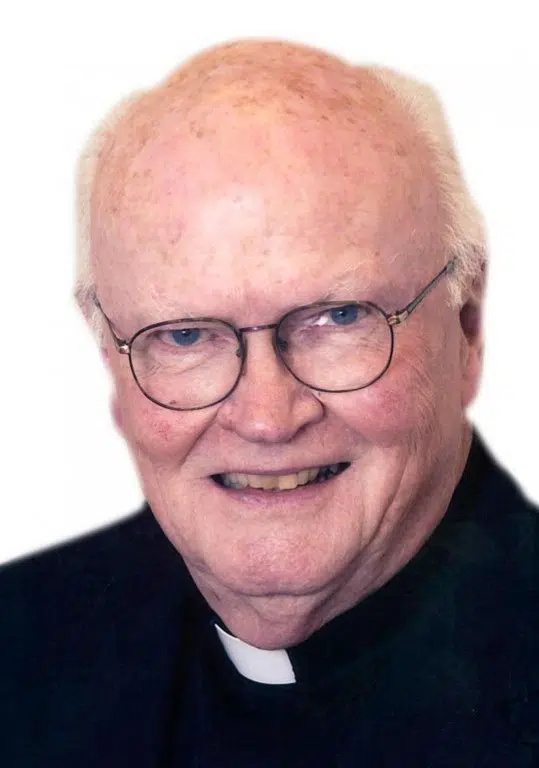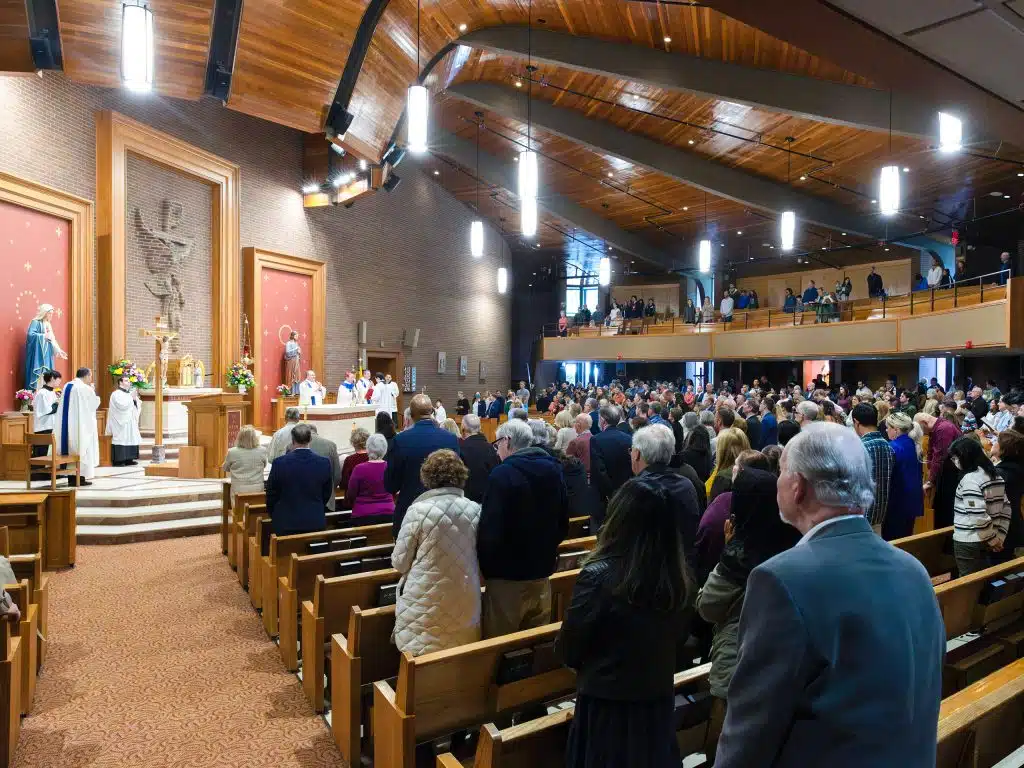Summertime without a few good books is like a ball without a bat or a beach without the surf. It is mind-stretch time as well as time for travel, sports and summer jobs. For kids of any age, it is time to cultivate the reading habit and enjoy daily interaction with the printed page.
This summer is the 50th anniversary of the publication of Harper Lee’s great novel To Kill a Mockingbird. If the vacationing young are unfamiliar with this must-read book, that’s a sign that the reading habit needs attention.
Reading habits begin in strange ways. My brother always had a flashlight under the covers when we were supposed to be down for the night and sound asleep.
My Jesuit friend, the late Clement J. McNaspy, a true genius, received a complete set of a popular encyclopedia when he was just 6 years old. It came from his parents by way of compensation for uprooting and relocating him from New Orleans to Lafayette, La., where his father took a new job.
Over the course of the summer months, the 6-year-old McNaspy read the entire set, volume by volume, from beginning to end. In the move, he lost some friends but gained a love of learning.
According to the Wall Street Journal, Bill Gates became a “diligent learner” at an early age. As a youngster, he read the entire World Book Encyclopedia from start to finish, and his parents encouraged his reading habit by paying for any book he wanted.
Everyone knows that as a boy, Abraham Lincoln liked to read. One biographer refers to the “small but steady diet of books he mastered,” in the process learning “to rely on his books and his imagination to satisfy his curiosity and intellect.”
These books, according to his cousin, Dennis Hanks, included Aesop’s Fables, Robinson Crusoe and The Arabian Nights, along with William Scott’s Lessons in Elocution and Noah Webster’s American Spelling Book. And Hanks remarked, “He was a constant and I may say stubborn reader.”
Many successful leaders will tell you that they enjoy reading history. It might be the history of their country or the world; it might be the history of the organization they lead or the industry or profession within which they lead.
Some read military history to gain an appreciation of tactics and strategy. Some read biography in search of clues to the development of character.
Many people read just for the love of reading. This is always a hopeful sign that they are likely to be well-informed and intellectually alive.
Dennis Recio, a Jesuit who teaches English literature at the University of San Francisco, explains what he does by saying, “I teach students to see beyond their own experience.”
That’s what those who are wise enough to read widely – just for the love of reading – are doing; they are seeing beyond their own experience and, in the process, becoming more fully human.
This summer represents a growth opportunity for any out-of-school youngster who is wise enough to set aside an hour or so a day for reading good books.
At summer’s end, every reading vacationer will have met new friends, discovered new places and picked up new ideas simply by turning the printed page. They will also have made progress on their respective ways to becoming more fully human.
Not a bad way to spend the summer.
Fr. Byron is a university professor of business and society at St. Joseph’s University in Philadelphia.



